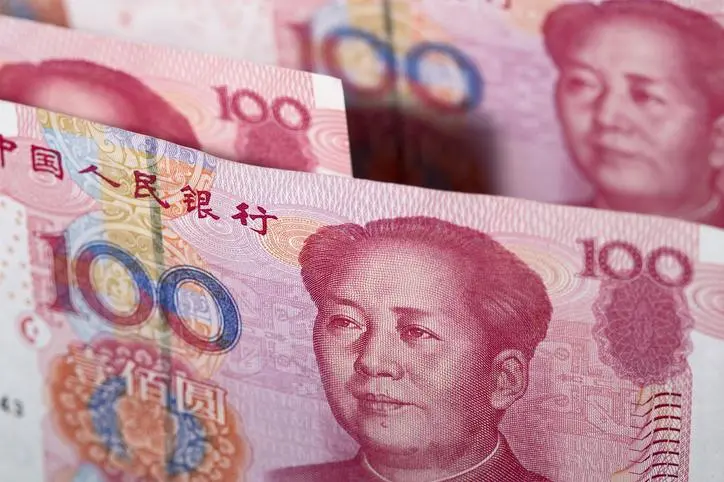PHOTO
HONG KONG - There was a little less bling in Beijing last year. Alibaba co-founder Jack Ma and fellow Chinese billionaires saw their net worth drop by 12% in 2018. That’s steeper than peers globally, according to a study by Swiss bank UBS and consultancy PwC. But the number of super-tycoons shrank too, a reminder that wealth is concentrating in China, even at the very top of the economic pyramid.
Globally, 2018 was not a vintage year for the ultra-rich: billionaire wealth fell a little over 4%, according to the report published on Friday. Chinese magnates took a bigger hit in dollar terms, in part because of a weaker yuan. Headwinds from U.S.-China trade war and slower economic growth hurt, as did tighter rules in some patches of the new economy and government efforts to rein in the shadow banking system.
It marks a pause in a period of otherwise unbridled wealth creation over five years, during which China’s entrepreneurs became the second-largest billionaire group globally, their wealth tripling. Growth appears to have resumed of late: the 2019 Forbes China Rich List, published last week, suggests the wealth of the 400 richest tycoons increased by more than a fifth from a year ago.
Two longer-term concerns linger. First, wealth concentration. According to UBS, the number of Chinese billionaires contracted by a net 48 in 2018, to 325. That left fewer to split a pool that diminished by less, to over $982 billion. Indeed, according to a separate Credit Suisse wealth report published last month, in 2018 China accounted for more of the global top 10% than the United States, for the first time ever. That’s an elite that owns 82% of the world's wealth.
Second, the data send a mixed message on consumption. Most of the new class of billionaires built their empires on the spending of regular Chinese families: say, the co-founders of hotpot restaurant chain Haidilao, Li Haiyan and Shu Ping. That enthusiasm to splurge may be waning, as the economy sputters and food prices rise. Billionaire wealth crimped by an eighth last year, but middle-class households saw their disposable income per capita grow at half the previous year’s pace, according to Capital Economics. It’s a squeeze that may well spread.
CONTEXT NEWS
- Billionaire wealth dropped just over 4% globally to $8.5 trillion in 2018, after rising over five years, when it grew by 34.5%, according to the "Billionaires Insights 2019" report by bank UBS and consultancy PwC.
- Chinese billionaires’ net worth fell by more than 12%. The depreciation of the Chinese currency against the U.S. dollar accounted for roughly half of the decline, according to the report.
(Editing by Clara Ferreira Marques and Katrina Hamlin)
© Reuters News 2019





















